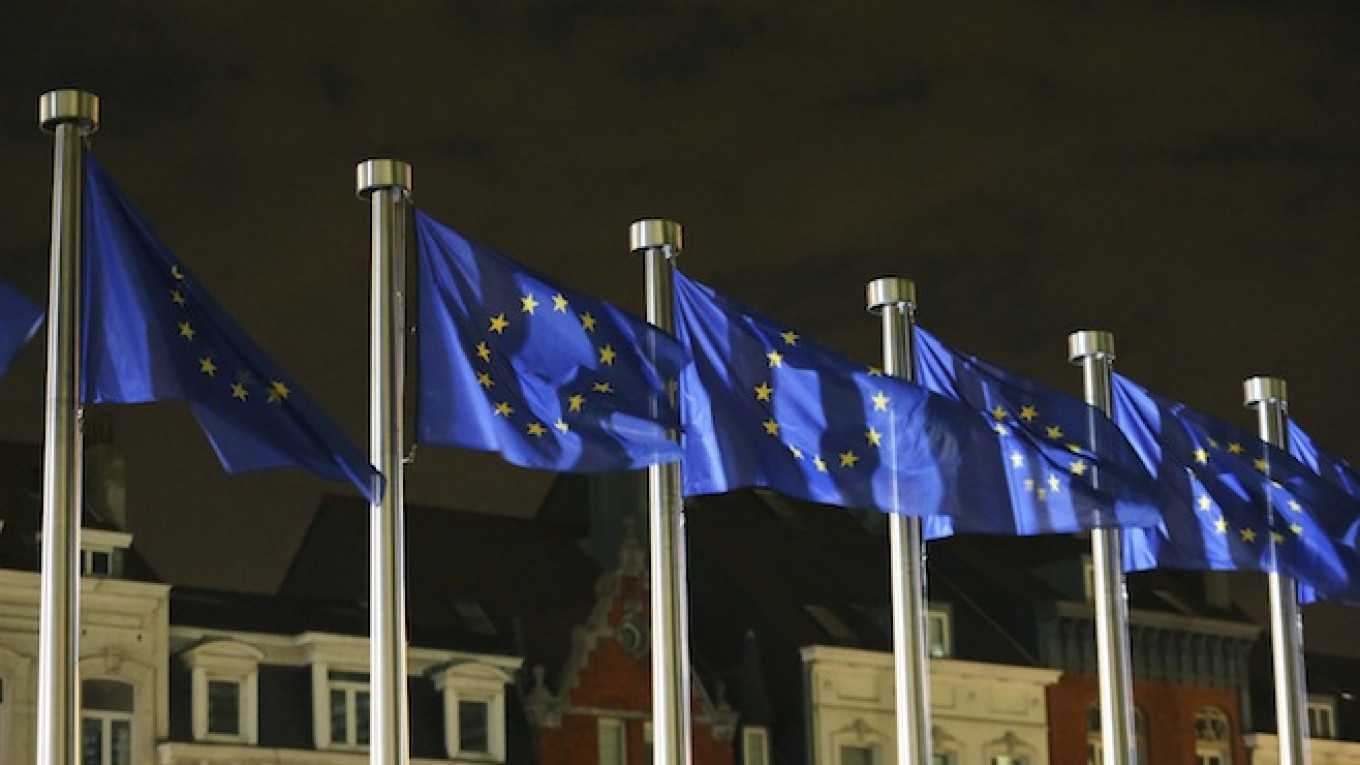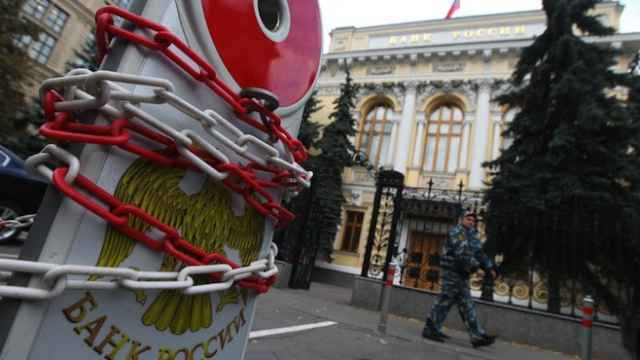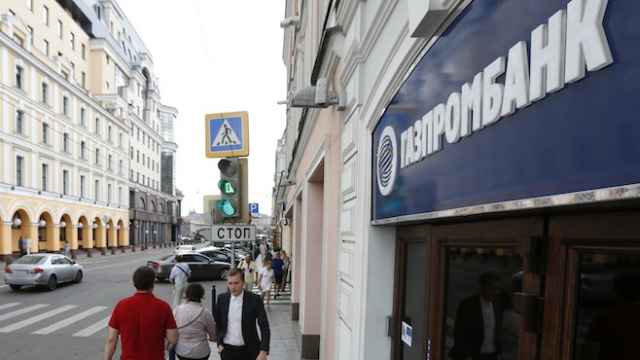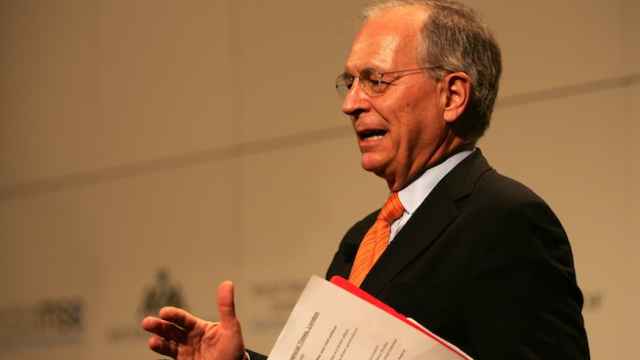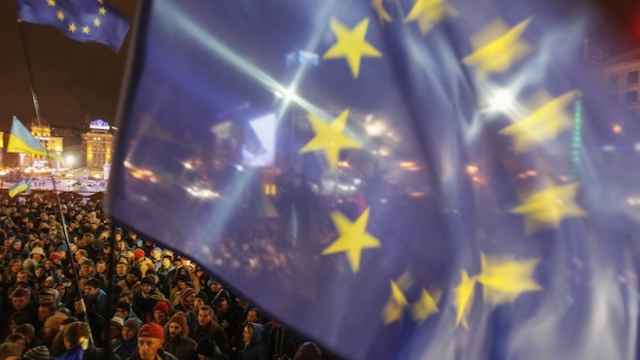European Union foreign ministers will discuss whether to increase sanctions on Russia and how to help Ukraine when they meet in Brussels next week, EU foreign affairs chief Federica Mogherini said Tuesday.
"Next week we will have a ministerial meeting in Brussels on Monday and there will be a discussion there, but I would say not just on whether to increase the sanctions but most of all how to support Ukraine in these difficult times," Mogherini told reporters in Berlin.
Fighting between pro-Russian separatists and government forces in eastern Ukraine flared up again in the past week, with Kiev citing new evidence of Russian support for the rebels, despite a cease-fire agreed in Minsk on Sept. 5.
Russia denies being a party to the conflict and says it has not sent troops or weapons to east Ukraine.
"I hope we don't return to a situation of two or three months ago with violent clashes and daily killings," German Foreign Minister Frank-Walter Steinmeier said as he accompanied Mogherini to a conference on her first Berlin visit as the EU's high representative for foreign and security policy.
Troop movements around the Ukraininan-Russian border indicated that all sides were preparing for more fighting, he said.
"That has to be prevented," Steinmeier said.
The EU and the United States have imposed economic sanctions on Russia since March, when it seized the Ukrainian territory of Crimea. The sanctions have hurt Russia's economy and Western exporters with exposure to Russia like Germany.
Steinmeier and Mogherini said sanctions should only be part of the response to Russia but they were having an impact.
"The Russian economy has been affected — very seriously, in fact," Mogherini said.
A Message from The Moscow Times:
Dear readers,
We are facing unprecedented challenges. Russia's Prosecutor General's Office has designated The Moscow Times as an "undesirable" organization, criminalizing our work and putting our staff at risk of prosecution. This follows our earlier unjust labeling as a "foreign agent."
These actions are direct attempts to silence independent journalism in Russia. The authorities claim our work "discredits the decisions of the Russian leadership." We see things differently: we strive to provide accurate, unbiased reporting on Russia.
We, the journalists of The Moscow Times, refuse to be silenced. But to continue our work, we need your help.
Your support, no matter how small, makes a world of difference. If you can, please support us monthly starting from just $2. It's quick to set up, and every contribution makes a significant impact.
By supporting The Moscow Times, you're defending open, independent journalism in the face of repression. Thank you for standing with us.
Remind me later.


